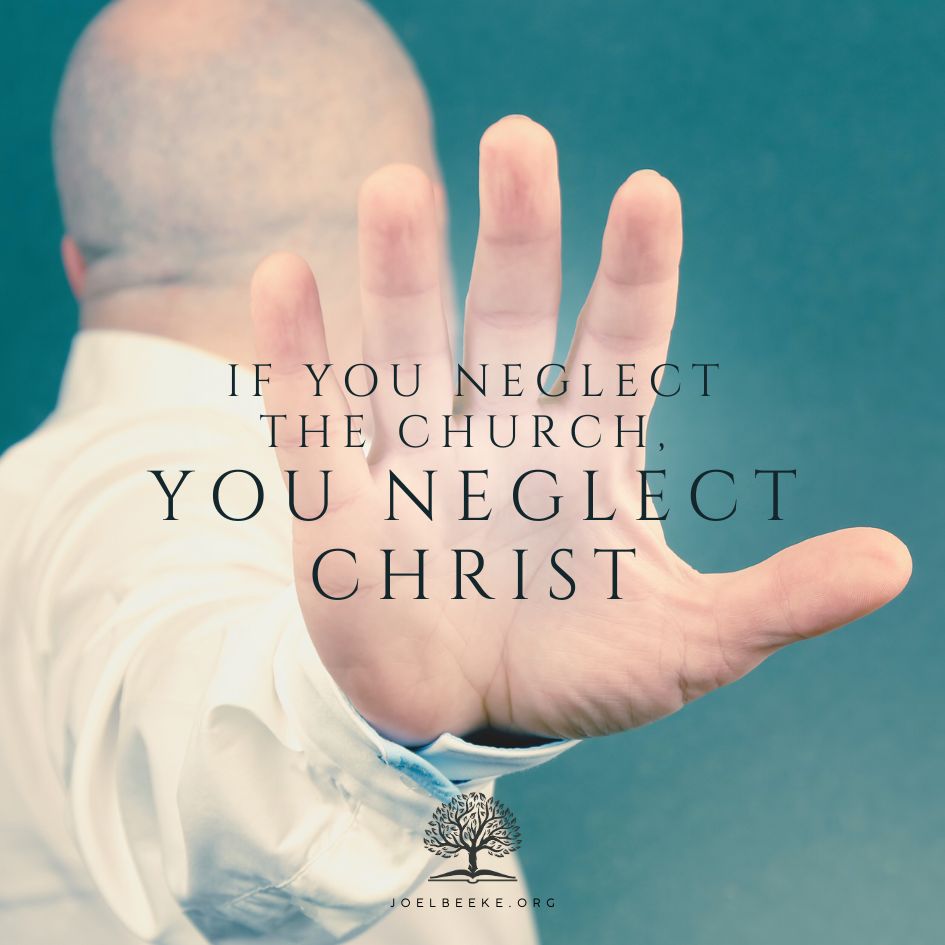
Experiential preaching is applicatory. It applies the text to every aspect of the listener’s life, promoting religion that is not just a “form of godliness” but also the “power” of God (2 Tim. 3:5). Robert Burns (1789–1869) says that experiential religion is “Christianity brought home to ‘men’s business and bosoms.’” He writes, “Christianity should not only be known, and understood, and believed, but also felt, and enjoyed, and practically applied.”1Robert Burns, introduction to the Works of Thomas Halyburton (London: Thomas Tegg, 1835), xiv–xv. The expression “come home to men’s business and bosoms” comes from scientist and philosopher Francis Bacon (1561–1626) in his dedication to later editions of his Essays.
Paul was never content merely to declare the truth, so he could write to the Thessalonians that his “gospel came not unto you in word only, but also in power, and in the Holy Ghost, and in much assurance” (1 Thess. 1:5). To use Baxter’s language, Paul wanted to screw the truth into the hearts and minds of men and women. Baxter writes, “It would grieve one to the heart to hear what excellent doctrine some ministers have in hand, while yet they let it die in their hands for want of close [searching] and lively [living] application.”2Richard Baxter, The Reformed Pastor (Edinburgh: Banner of Truth, 1974), 147. If only it could be said of more ministers’ preaching today what one might say of the preaching of Jonathan Edwards (1703–1758): all his doctrine was application and all his application was doctrine.
Application is the major emphasis of experiential preaching. The Reformers and Puritans spent many times more effort in application than in discrimination. Many preachers today fall far short in this area. They have been trained to be good expositors, but they have not been trained in the classroom or by the Holy Spirit to bring the truth home to the heart. That is why, when you hear certain preachers, you say to yourself: “Oh, he can really handle the Word of God well, but he stopped just when I thought he was starting. He didn’t bring it home to me. I seem to have escaped the preacher’s notice altogether. What should I do with the sermon now?”
Some preachers say, “Application is the Holy Spirit’s job, not mine.” But that is not the way the Bible handles truth. People need to be spoon-fed when you bring them the Word of God, not only in your exposition but also in your application. They need help to know what the truth implies for what they must do and how they must do it. If you read Calvin’s sermons, you stand amazed at his constant attention to application. Take his book of sermons on Deuteronomy. It would not surprise me if ten to twenty times per sermon he says, “Now this is to teach us that,” “This is how we are to handle that,” or, “This is the way we are to live out that.”
Charles H. Spurgeon (1834–1892) exaggerates only slightly when he says, “Where the application begins, there the sermon begins.”3Quoted in John A. Broadus, A Treatise on the Preparation and Delivery of Sermons, ed. Edwin C. Dargan (New York: A. C. Armstrong, 1898), 245. However, the best preachers include application throughout their sermons, not only when concluding. Bridges writes:
The method of perpetual application, where the subject will admit of it, is probably best calculated for effect—applying each head distinctly; and addressing separate classes [or groups] at the close with suitable exhortation, warning, or encouragement. The Epistle to the Hebrews [itself a series of sermons] is a complete model of this scheme. Argumentative throughout, connected in its train of reasoning, and logical in its deductions—each successive link is interrupted by some personal and forcible conviction; while the continuity of the chain is preserved entire to the end.4Bridges, The Christian Ministry, 275.
The Puritan preachers, who learned from the Reformers, were masters of the art of application. This art is beautifully summarized in a short chapter titled “Of the Preaching of the Word” in the Directory for the Public Worship of God, composed by the Calvinistic and Puritan Westminster divines. They wrote, “He [the preacher] is not to rest in general doctrine, although never so much cleared and confirmed, but to bring it home to special use, by application to his hearers.”5Westminster Confession of Faith (Glasgow: Free Presbyterian Publications, 1994), 380. I will explore the wise counsel of the Westminster divines in a later chapter.
Finally, it needs to be said that applicatory preaching is often costly preaching. As has often been said, when John the Baptist preached generally, Herod heard him gladly. But when John applied his preaching particularly (criticizing Herod’s adulterous relationship with his brother’s wife), he lost his head (Mark 6:14–29). Both internally in a preacher’s own conscience, as well as in the consciences of his people, a fearless application of God’s truth will exact a price. And yet, how needful such preaching is! One day, every preacher will stand before God’s judgment seat to give an account of how he handled God’s Word among the flock of sheep entrusted to him. Woe to that preacher who has not striven to bring home the Word of God to the souls and consciences of his hearers.
Preachers, I urge you to remember that we are not to speak before people but to people. Application is not only critical, it is an essential part of true preaching and, in many respects, the main thing to be done. And those whofear God will want God’s Word personally administered to them. As Daniel Webster says, “When I attend upon the teachings of the gospel, I wish to have it made a personal matter—a personal matter—a personal matter.”6Quoted in “Funeral of Mr. Webster,” The New York Daily Times, Oct. 30, 1852.
Excerpt from
Reformed Preaching
By Joel Beeke







